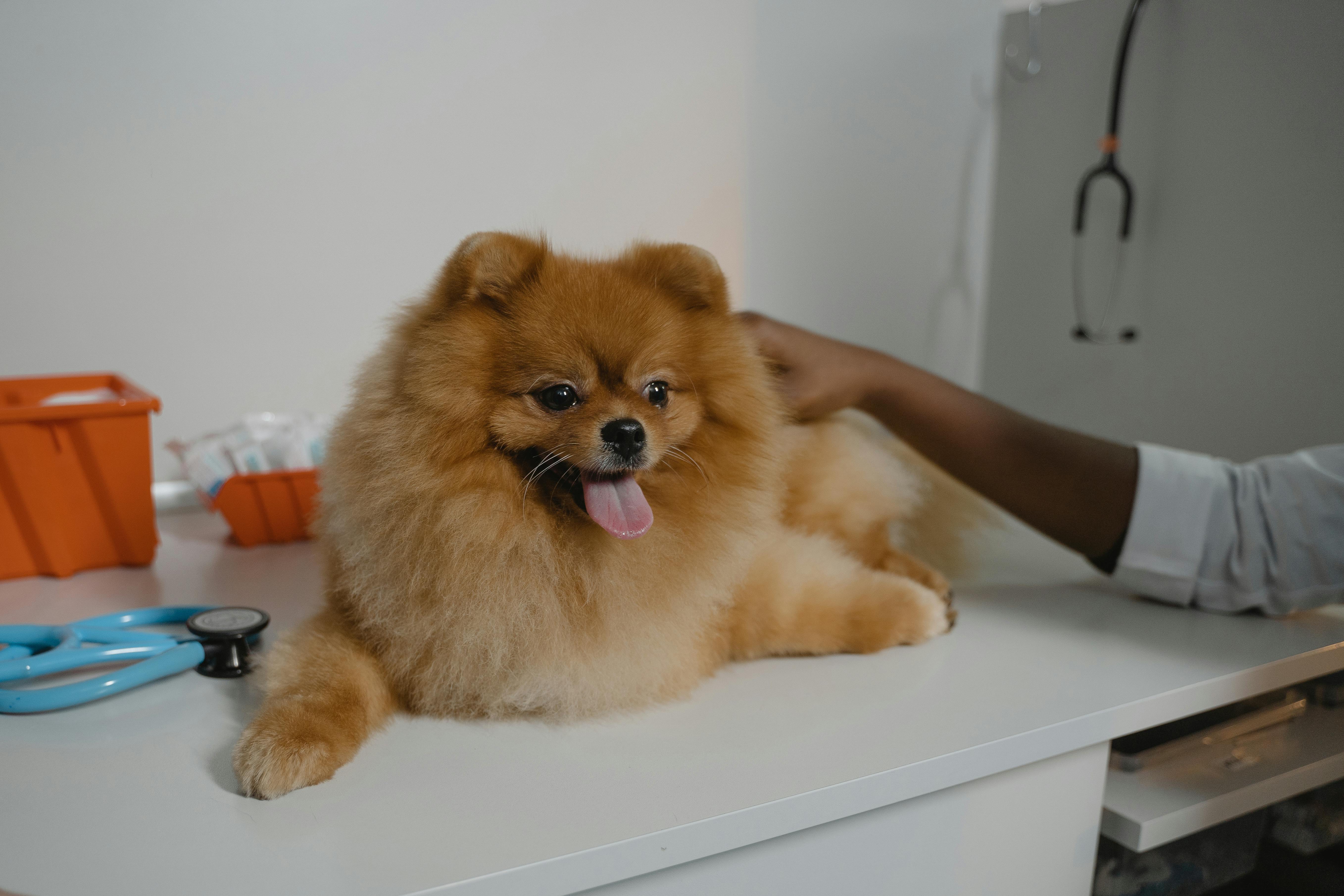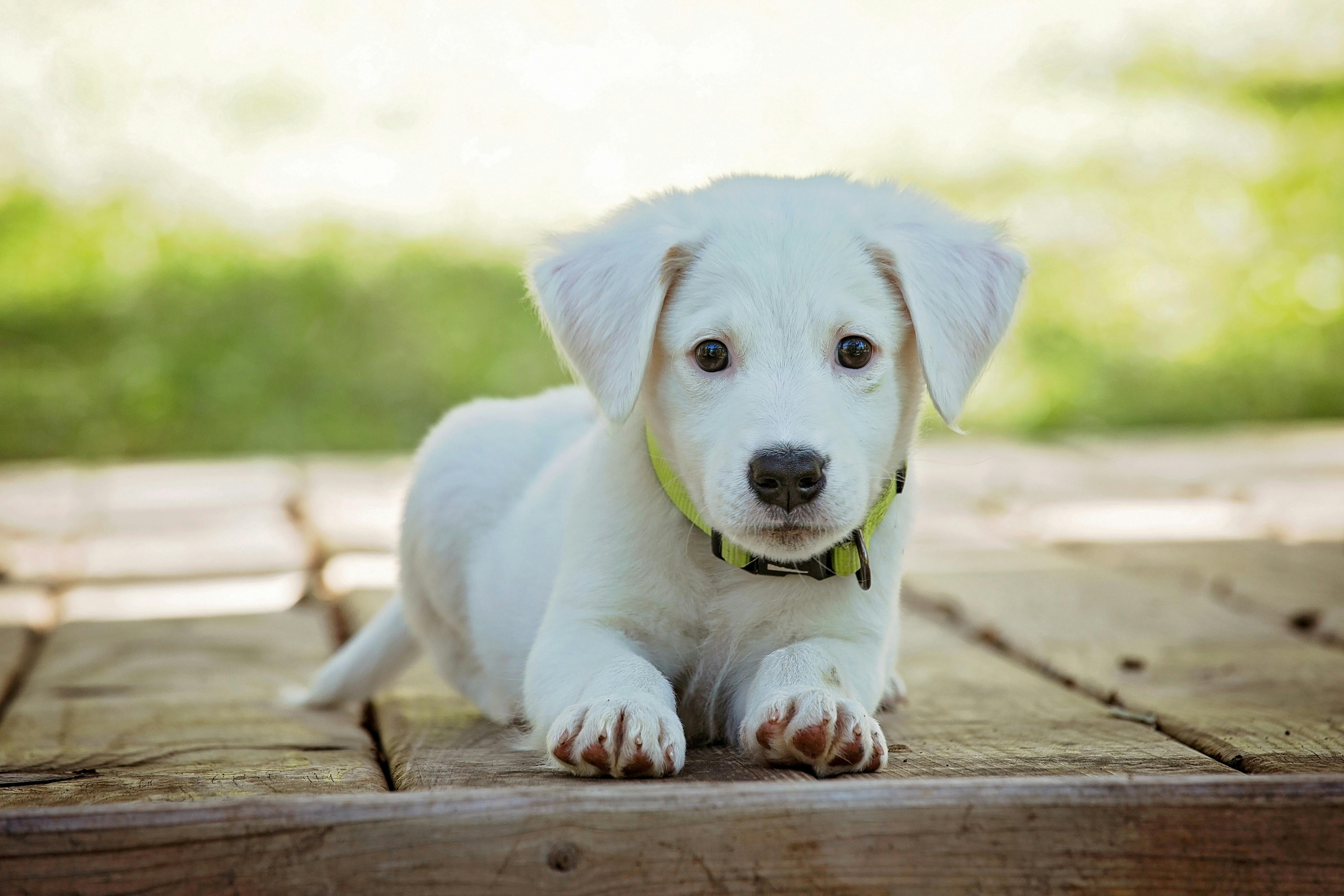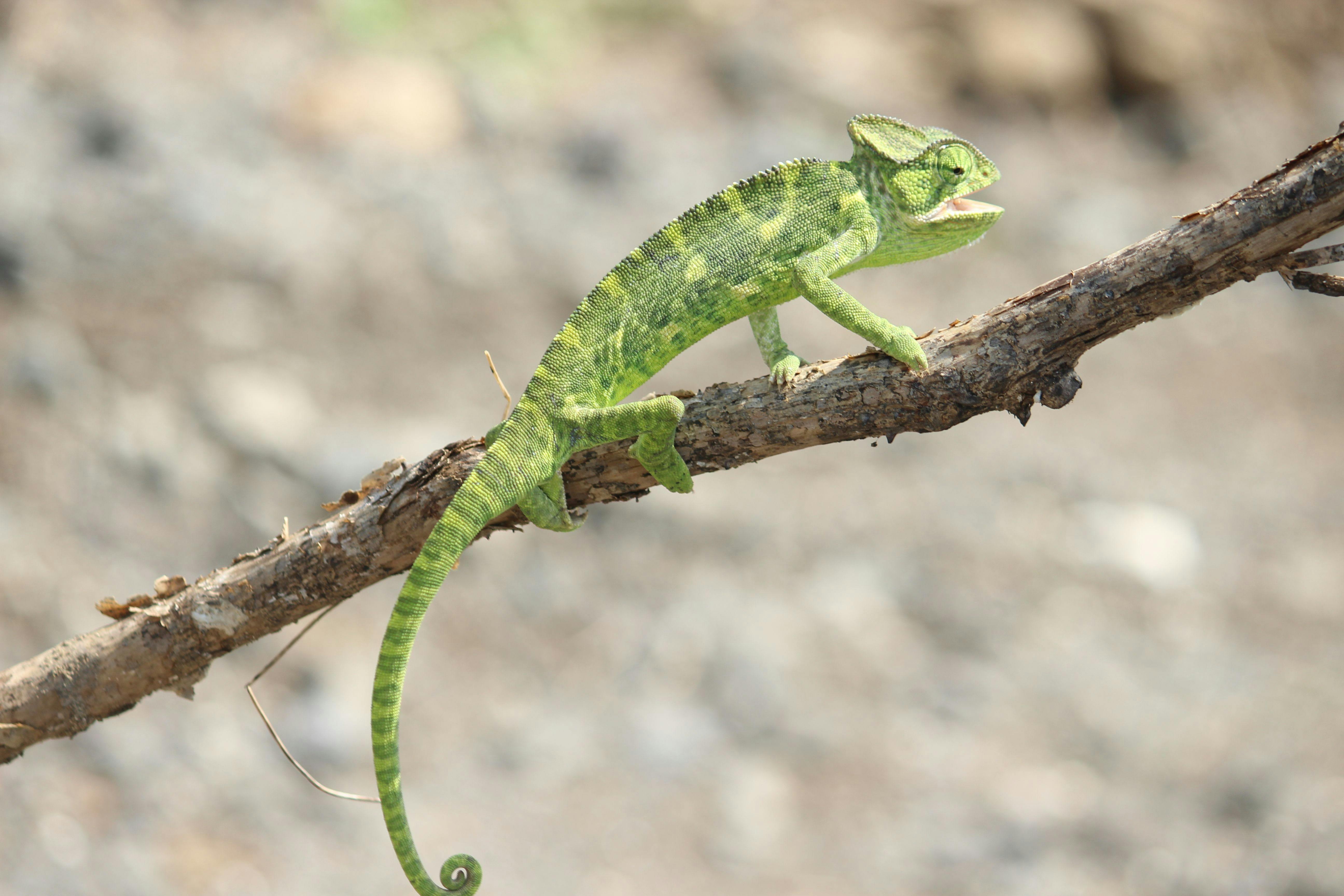When you think of dachshund health problems, back problems and obesity are probably the first things that come to mind, but they’re not the only problems dachshunds have. Along with many other breeds, Dachshunds have skin problems, their owners desperately want their Dachshunds not to scratch.
What Causes Dachshund Scratching?
It is important to find the cause of the scratching and treat the underlying problem, as failure to do so can result in costly problems in the long run. Common causes of Dachshund scratching are:
Parasites – Parasites, including fleas and ticks, can be itchy and lead to scratching. Owners should use monthly flea and tick prevention and should regularly check their dachshund’s skin for ticks and signs of fleas (either the fleas themselves or the black “flea dirt”), treating them if necessary. Even dachshunds that have been given prevention can sometimes get fleas and ticks. Other parasites include chiggers, mosquitoes, and mites, some of which cause severe itching, skin inflammation, and hair loss.
Infection – Skin infections are caused by bacteria, fungi, or yeast. If your dachshund’s skin looks red, has sores, bumps, or bumps, or is oily and smells, you should have them checked by your vet.
Allergies – Allergies cause many Dachshund scratching problems. Allergies are commonly to something in food, in the environment (dust, pollen), or to fleas. A visit to your vet is recommended to find the cause of the scratching. Often this involves treating the parasites, a change in diet, and possible allergy tests and medications if the scratching continues.
Neurogenic – Dachshunds may suddenly lick, chew, or scratch part of their body. The cause of this is often unknown, but it is believed to possibly be the result of boredom, anxiety, or some minor abrasion that has caught your attention. They will lick, chew and scratch incessantly, causing injuries that will never fully heal. The classic example of this is a lick granuloma, which is often found on the lower leg. Owners can try increasing the exercise and mental stimulation of dachshunds, but may need to seek the help of a veterinary behavioral specialist.
Nutritional – A dog’s coat must be smooth, shiny and not have bald or thinning patches. Dachshunds whose diet is not complete may have a rough and brittle coat, their skin becoming dry, flaky, red and irritated. Supplements can be added, but it may be more helpful to look for higher quality foods.
Environment – Dachshunds that spend a lot of time outdoors, either in the water or digging in the dirt, can scratch a lot. This is because dirt and water dry out and irritate the skin, including the ears, which can retain water and lead to ear infections. If your dachshund spends a lot of time outdoors, you should bathe him when you return home and you should clean his ears to remove the water.
Visits to the vet
If simple home care doesn’t stop your Dachshund from scratching, you’ll need to take him to the vet. They will examine your dog and find the underlying cause and treat it appropriately with medications, baths, or changes in diet. If your dachshund has neurogenic scratching, the solution may be harder to find. Your vet may initially have your dog wear an Elizabethan collar (plastic cone) to prevent them from reaching the area and breaking the chewing habit. Ultimately, your dachshund may need to be referred to a veterinary behavioral specialist for specialized treatment.



